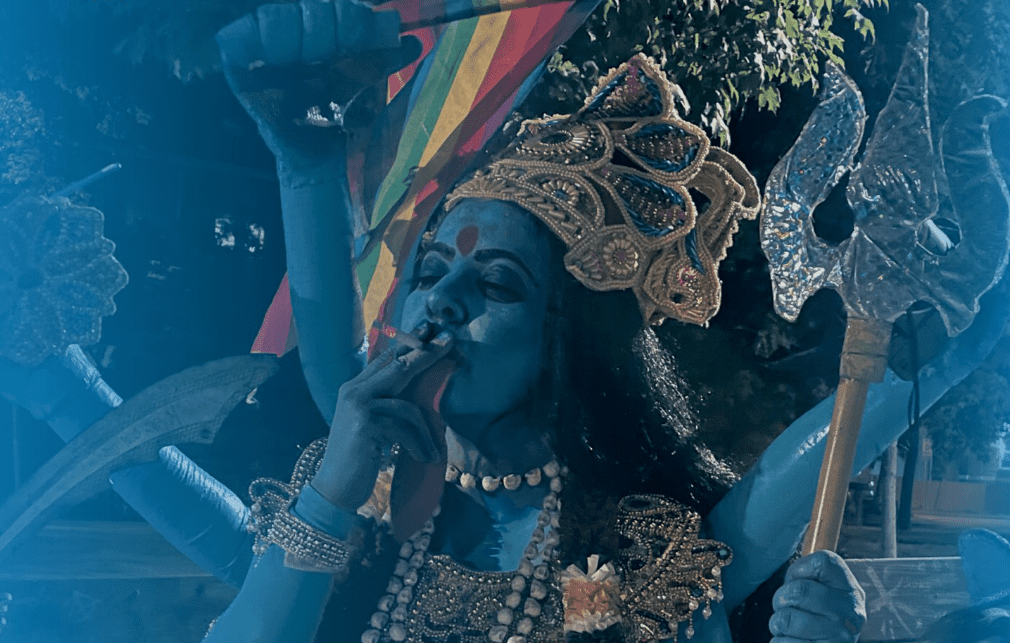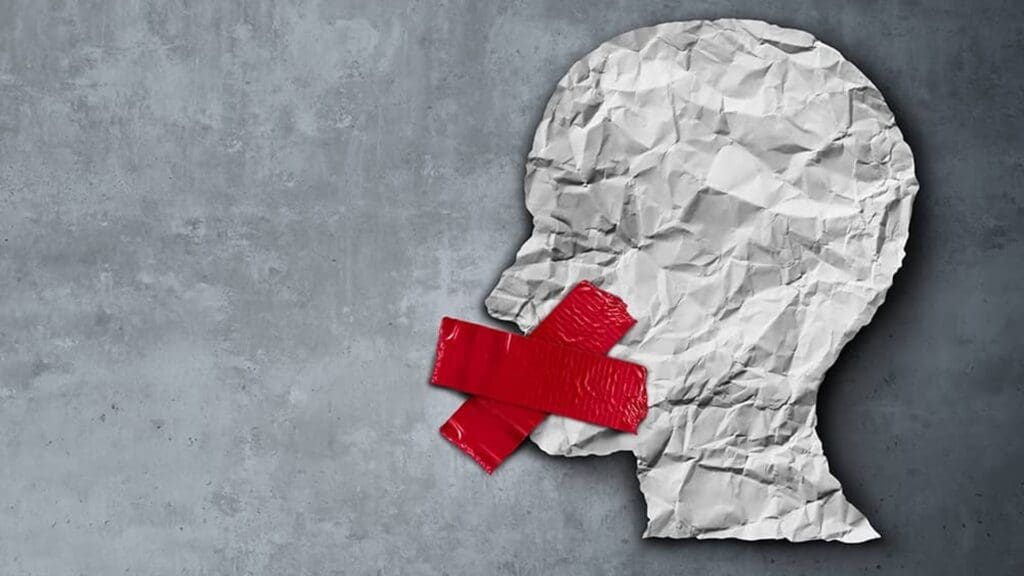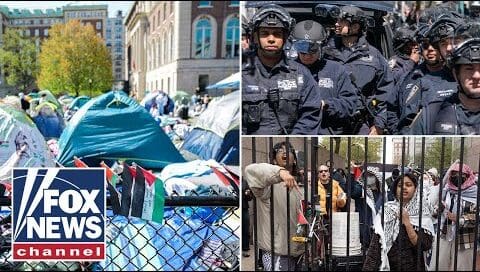

Why Does the BBC Censor Content That Offends Muslims, But Not Christians or Hindus?
There follows a letter to the BBC Director-General Tim Davie asking why the BBC appears to be in breach of its Charter obligation to report accurately, fairly and impartially on matters of religious controversy – and why it only breaches this obligation in respect of one religious group. It is written by the same author who wrote for the Daily Sceptic last month about the BBC’s supine coverage of the Nupur Sharma Mohammed furore in India.
Dear Mr. Davie,
I am writing to ask that the BBC clearly explains its unspoken, unwritten editorial policies on covering stories about angry religious people responding to unwelcome depictions of – or references to – their revered religious figures.
Back in 2011, the BBC published an article about vandalism to the controversial artwork ‘Piss Christ’ (i.e., a photograph of a plastic crucified Jesus submerged in a tank of the artist’s piss). The article explained that there had been a large protest of angry Christians outside the museum housing the artwork and that a museum worker had received death threats and had asked for police protection.
Notwithstanding this, the BBC’s article (quite rightly) featured a photograph of the image so that audiences knew exactly what all the fuss was about. In other words, the BBC did not let the ‘feelings’ of easily-offended Christians get in the way of its Charter obligation to report accurately, fairly and impartially.
Today, the BBC has published an article with the headline, “Outrage over smoking Hindu goddess poster.”
In its article, the BBC explains that a film poster of a Hindu goddess with a fag in her gob published by an Indian filmmaker “has generated hundreds of responses from angry Hindus, who have accused her of offending their religious sentiments”.
The BBC reports that Hindus are calling for the filmmaker to be arrested and that Hindus have described the poster as “an insult to Hinduism” – with the spokesperson for India’s governing party saying that the poster is “hurting the sentiments of Indians across the world”.
Notwithstanding this, the BBC’s article (quite rightly) features the controversial image of Kali so that audiences know exactly what all the fuss is about – and it also describes the film poster for the benefit of any visually-impaired visitors to the BBC’s website. In other words, the BBC is not letting the ‘feelings’ of easily-offended Hindu get in the way of its Charter obligation to report accurately, fairly and impartially.
Now let’s compare this Charter-conforming coverage with the BBC’s Charter-violating coverage of the ongoing Nupur Sharma controversy.
Back in May, during an Indian TV debate, a Hindu Government spokesperson, Nupur Sharma, claimed to be offended by Muslim mockery of Hindu deities and responded by asking how Muslims would like it if she were to start mocking their religion, such as by referring to flying horses or that the Prophet Mohammed married a six year-old and had sex with her when she was nine (as written in Islamic hadiths). Shortly afterwards, another member of the BJP (Naveen Jindal) posed a question on Twitter asking whether such a relationship fell under the category of rape.
Instead of either quoting Sharma and Jindal’s comments or describing them so that BBC audiences could understand what was going on, the BBC lied about them, by referring to them as “anti-Muslim comments” and “hateful comments“). The BBC also referred to the comments as “Islamophobia” and stated that:
Their comments – especially Ms. Sharma’s – angered the country’s minority Muslim community, leading to sporadic protests in some states. The BBC is not repeating Ms. Sharma’s remarks as they are offensive in nature.
Needless to say, I am confused.
Why does the BBC put the feelings of easily-offended Muslims before its Charter obligations but not the feelings of easily-offended Christians or Hindus?
Why does the BBC tell the truth and provide the full facts about stuff that upsets some Christians and Hindus but then lie and conceal the truth about stuff that upsets some Muslims?
Why does the BBC treat Muslims differently to Christians and Hindus?
Why does the BBC treat Islam differently to Christianity and Hinduism?
Why does the BBC treat Mohammed differently to Jesus and Kali?
Has the BBC been taken over by the Taliban?
There is no Christian in the world that believes that a historical Jesus was ever submerged in a tank of piss – yet the BBC has no problem with describing this and showing an image of it (and nor should it).
There is no Hindu in the world that believes that a historical Kali had a nicotine addiction – yet the BBC has no problem with describing this and showing an image of it (and nor should it).
But there are many, many Muslims in the world (and have been throughout history) who believe that a historical Mohammed married a six year-old and had sex with her when she was nine.
So is that it, then? The BBC doesn’t report on stuff if religious people genuinely believe it happened – but the BBC does report on it when religious people don’t believe it happened?
So if Christians did believe that Jesus had been dunked into a tank of piss by the Romans after they crucified him (and wanted to keep it quiet), the BBC would not have shown the image? If Hindus did believe that Goddess Kali had enjoyed puffing cigarettes (but didn’t want anyone to get a whiff of it) the BBC would not have shown the image?
No, I don’t think that’s it.
So what are the rules, Mr. Davie? The real rules I mean (the unwritten ones and unspoken ones) because at the moment it just looks like the BBC cares more about protecting the feelings of Muslims and protecting the reputation of Mohammed than it does about respecting the Royal Charter – which requires the BBC to “provide impartial news and information to help people understand and engage with the world around them”.
We live in a world where people dunk crucifixes into tanks of piss, where people make films of Hindu goddesses smoking cigarettes and where Islamic hadiths state that the Prophet Mohammed married a six year-old girl (when Mohammed was a man in his 50s). It’s not pretty, but that’s the world we live in. And that’s the world that the BBC should be helping its audiences to understand and engage with – not some alternative world that religious people would prefer us to live in.
Yours sincerely,
[Name not published]







